Practical mod_perl
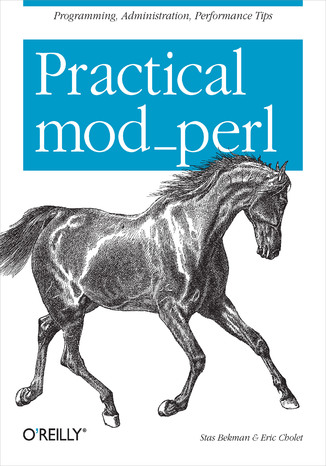



- Wydawnictwo:
- O'Reilly Media
- Ocena:
- Stron:
- 928
- Dostępne formaty:
-
ePubMobi
Opis
książki
:
Practical mod_perl
mod_perl embeds the popular programming language Perl in the Apache web server, giving rise to a fast and powerful web programming environment. Practical mod_perl is the definitive book on how to use, optimize, and troubleshoot mod_perl.
New mod_perl users will learn how to quickly and easily get mod_perl compiled and installed. But the primary purpose of this book is to show you how to take full advantage of mod_perl: how to make a mod_perl-enabled Web site as fast, flexible, and easily-maintainable as possible. The authors draw from their own personal experience in the field, as well as the combined experience of the mod_perl community, to present a rich and complete picture of how to set up and maintain a successful mod_perl site.
This book is also the first book to cover the "next generation" of mod_perl: mod_perl 2.0, a completely rewritten version of mod_perl designed for integration with Apache 2.0, which for the first time supports threads.
The book covers the following topics, and more:
- Configuring mod_perl optimally for your web site
- Porting and optimizing programs for a mod_perl environment
- Performance tuning: getting the very fastest performance from your site
- Controlling and monitoring the server to circumvent crashes and clogs
- Integrating with databases efficiently and painlessly
- Debugging tips and tricks
- Maximizing security
Wybrane bestsellery
O'Reilly Media - inne książki
Dzięki opcji "Druk na żądanie" do sprzedaży wracają tytuły Grupy Helion, które cieszyły sie dużym zainteresowaniem, a których nakład został wyprzedany.
Dla naszych Czytelników wydrukowaliśmy dodatkową pulę egzemplarzy w technice druku cyfrowego.
Co powinieneś wiedzieć o usłudze "Druk na żądanie":
- usługa obejmuje tylko widoczną poniżej listę tytułów, którą na bieżąco aktualizujemy;
- cena książki może być wyższa od początkowej ceny detalicznej, co jest spowodowane kosztami druku cyfrowego (wyższymi niż koszty tradycyjnego druku offsetowego). Obowiązująca cena jest zawsze podawana na stronie WWW książki;
- zawartość książki wraz z dodatkami (płyta CD, DVD) odpowiada jej pierwotnemu wydaniu i jest w pełni komplementarna;
- usługa nie obejmuje książek w kolorze.
Masz pytanie o konkretny tytuł? Napisz do nas: sklep@helion.pl
Książka drukowana





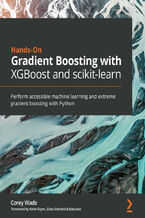

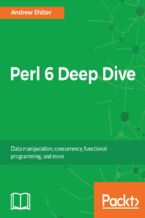
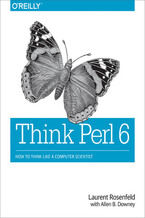
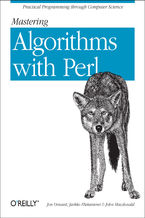
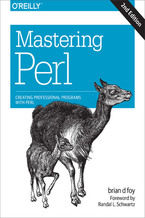
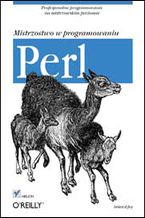

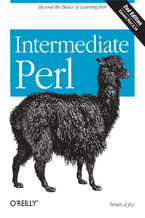








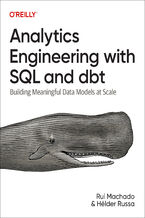
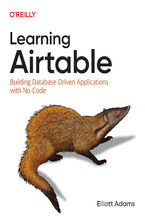
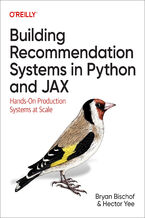
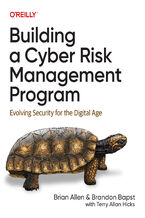


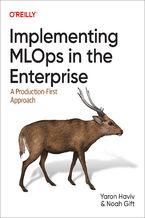

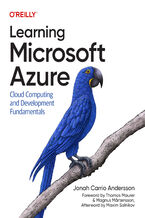




Oceny i opinie klientów: Practical mod_perl Stas Bekman, Eric Cholet (0) Weryfikacja opinii następuję na podstawie historii zamówień na koncie Użytkownika umieszczającego opinię. Użytkownik mógł otrzymać punkty za opublikowanie opinii uprawniające do uzyskania rabatu w ramach Programu Punktowego.
Weryfikacja opinii następuję na podstawie historii zamówień na koncie Użytkownika umieszczającego opinię. Użytkownik mógł otrzymać punkty za opublikowanie opinii uprawniające do uzyskania rabatu w ramach Programu Punktowego.